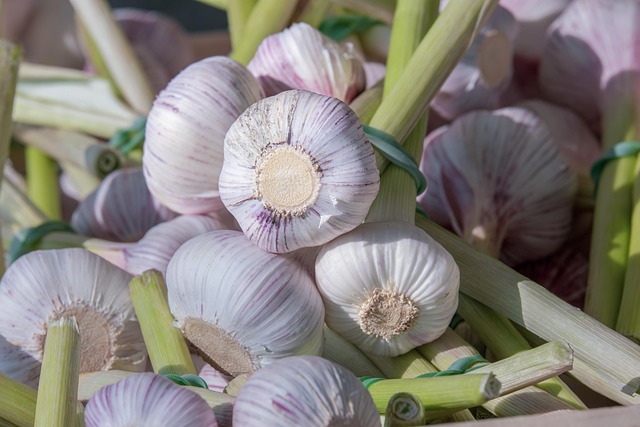Composting is an eco-friendly solution for Yard Waste Removal and Recycling, offering numerous benefits to garden enthusiasts. By recycling organic yard waste like leaves, grass clippings, and food scraps, gardeners reduce landfill waste while enhancing soil structure, improving water retention, and promoting robust plant growth. A strategic balance of green and brown materials, proper moisture levels, and regular aeration speed up decomposition, transforming waste into valuable nutrient-rich compost for healthier gardens. Dedicated composting bins or piles facilitate this process, making it an accessible practice for sustainable gardening.
Compost creation is a garden enthusiast’s secret weapon for healthy, vibrant plants. This natural process transforms yard waste into a nutrient-rich resource that enhances soil structure, promotes organic growth, and reduces environmental impact by diverting waste from landfills. In this guide, we’ll explore the benefits of composting, learn about effective techniques, and discover simple ways to incorporate it into your gardening routine, ensuring eco-friendly yard waste removal and recycling.
- Understanding Compost: The Benefits and Basics
- Collecting Yard Waste for Composting
- Effective Composting Techniques for Gardeners
Understanding Compost: The Benefits and Basics

Compost is a natural, nutrient-rich material that’s a garden enthusiast’s best friend. It’s created by recycling organic yard waste, like leaves, grass clippings, and food scraps, into a valuable resource for your garden. This process not only reduces the amount of waste sent to landfills but also offers numerous benefits for your plants’ health.
By using compost, you’re providing your plants with essential nutrients, improving soil structure, and enhancing water retention. It acts as a natural fertilizer, promoting robust plant growth and healthier, more vibrant gardens. Moreover, it’s an eco-friendly solution for yard waste removal and recycling, contributing to a sustainable approach to gardening.
Collecting Yard Waste for Composting

Garden enthusiasts can significantly enhance their gardening practices by adopting a simple yet effective method: collecting and composting yard waste. This natural process not only reduces the amount of waste sent to landfills but also provides valuable organic material for enriching soil health. By integrating compost creation into their routine, enthusiasts can foster healthier plants and contribute to a more sustainable environment.
Collecting yard waste such as grass clippings, leaf debris, and garden trimmings is an essential first step. Proper segregation and storage of these materials ensure they undergo efficient decomposition. Many gardeners opt for dedicated composting bins or piles, allowing for controlled conditions that speed up the process. This eco-friendly approach not only minimizes Yard Waste Removal but also promotes Recycling, transforming potential pollutants into a beneficial resource for their green spaces.
Effective Composting Techniques for Gardeners

Effective Composting Techniques for Gardeners
Composting is an eco-friendly practice that transforms yard waste into valuable nutrient-rich soil amendment, offering a sustainable solution for garden enthusiasts. To ensure optimal results, gardeners should employ techniques that balance green and brown materials, maintain proper moisture levels, and aerate the compost pile regularly. By doing so, they can accelerate the decomposition process while minimizing odors and attracting beneficial wildlife.
One proven method is the layer-by-layer approach, where green materials like grass clippings and kitchen scraps are alternated with brown materials such as dry leaves and wood chips. This technique promotes a diverse microbe population, essential for efficient decomposition. Additionally, regular turning of the compost pile facilitates aeration, preventing the buildup of unpleasant odors and speeding up the recycling process of yard waste into fertile compost.
Compost creation is a simple yet powerful practice for garden enthusiasts, offering both environmental benefits and rich rewards for your garden. By understanding the basics of composting and employing effective techniques, you can transform yard waste into a valuable resource that enhances soil health, promotes sustainable gardening practices, and contributes to a greener planet. Embrace the art of composting, and let your garden flourish through this natural recycling process.
